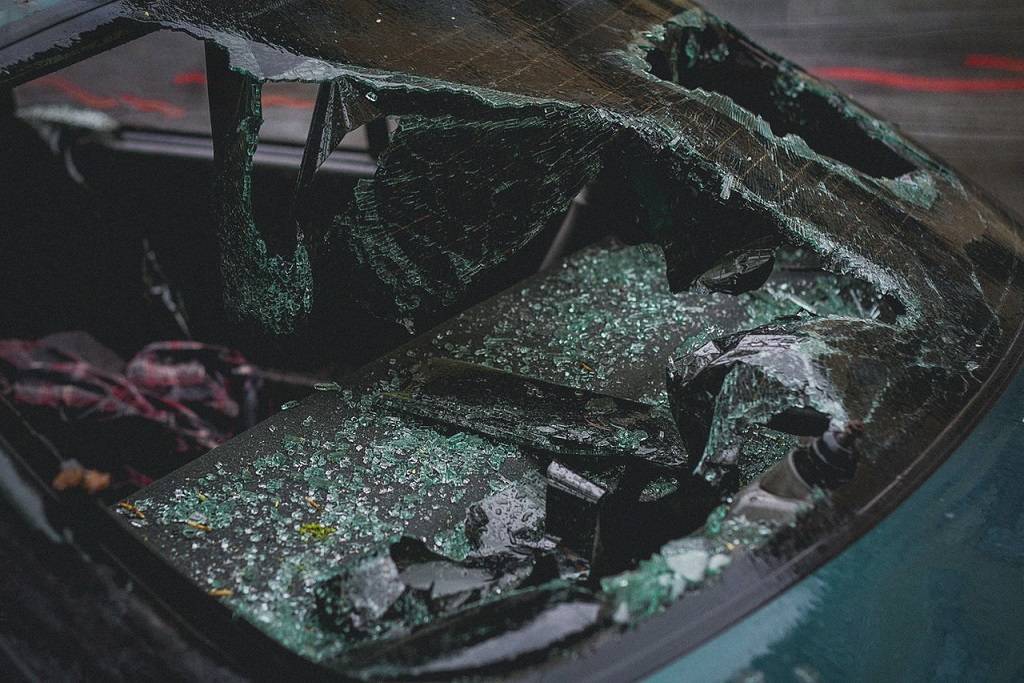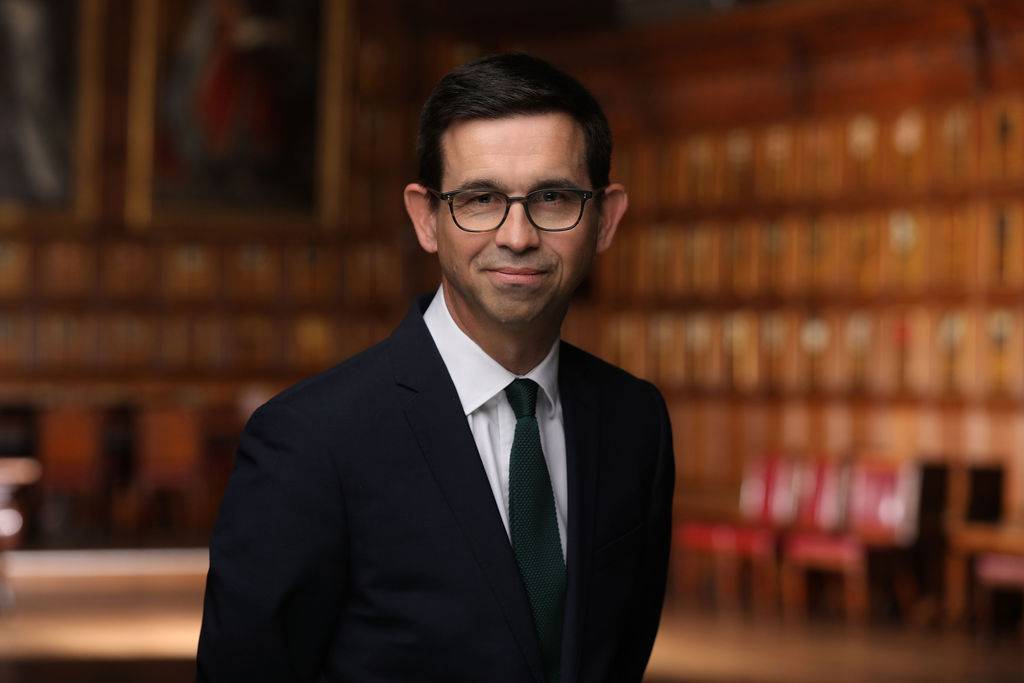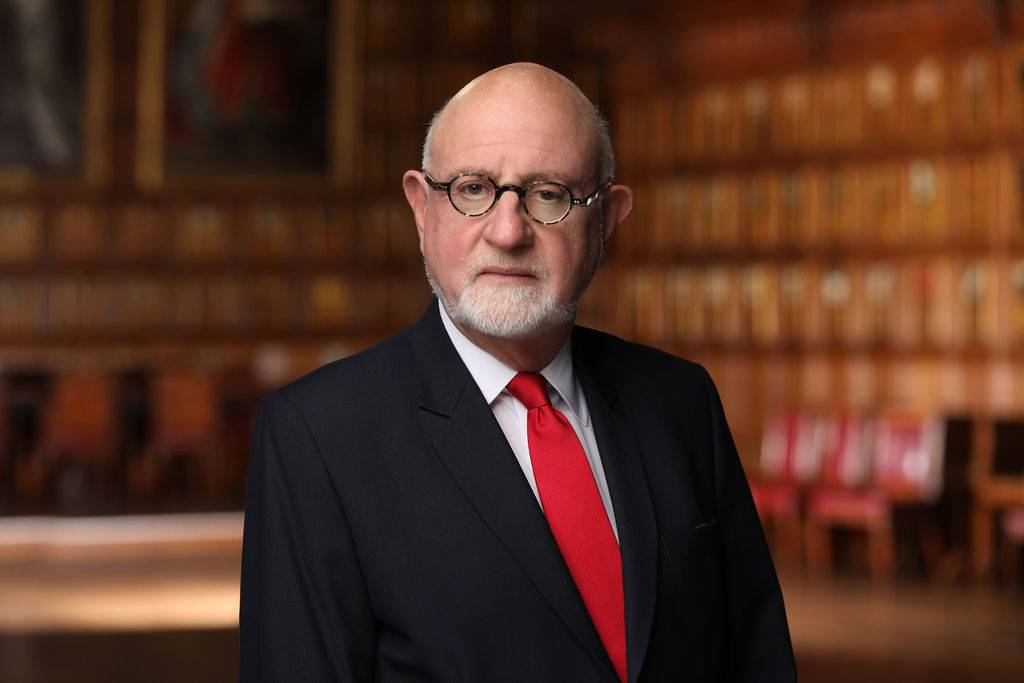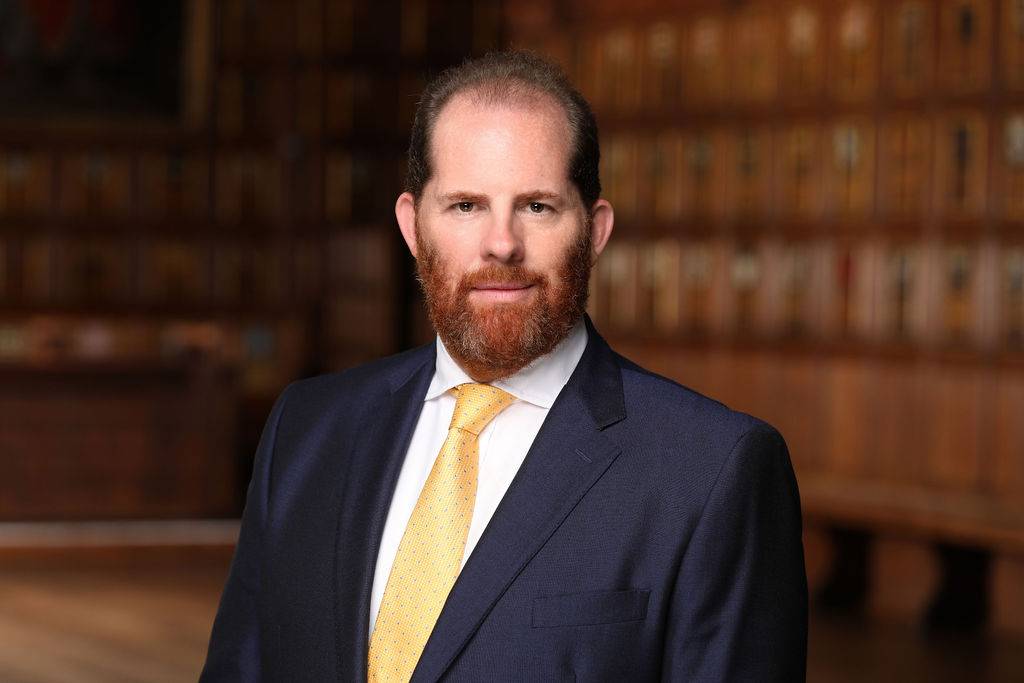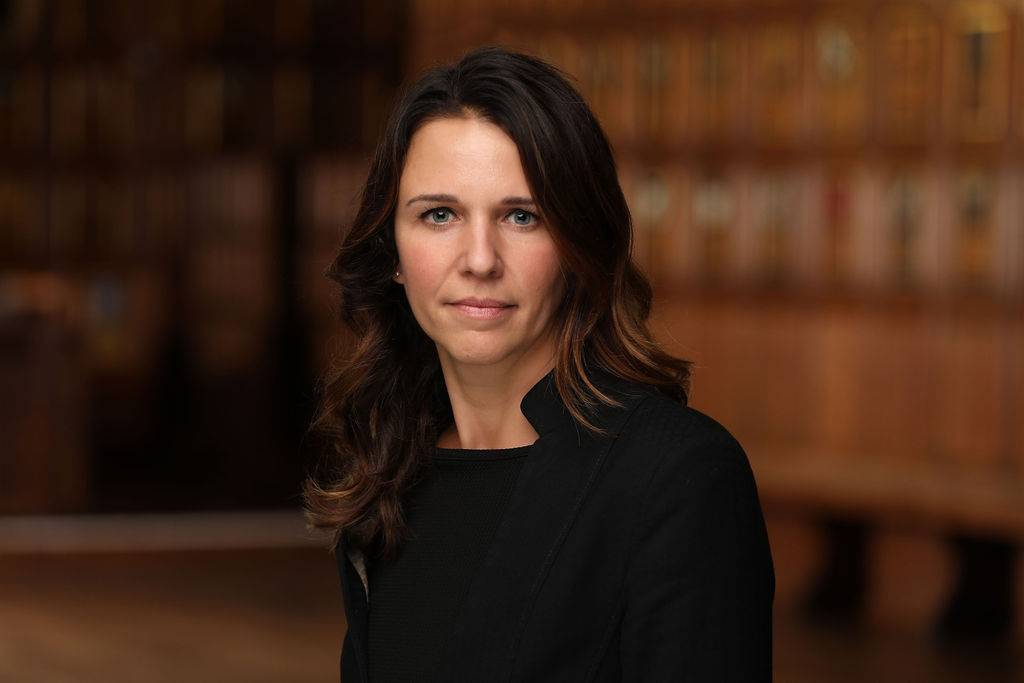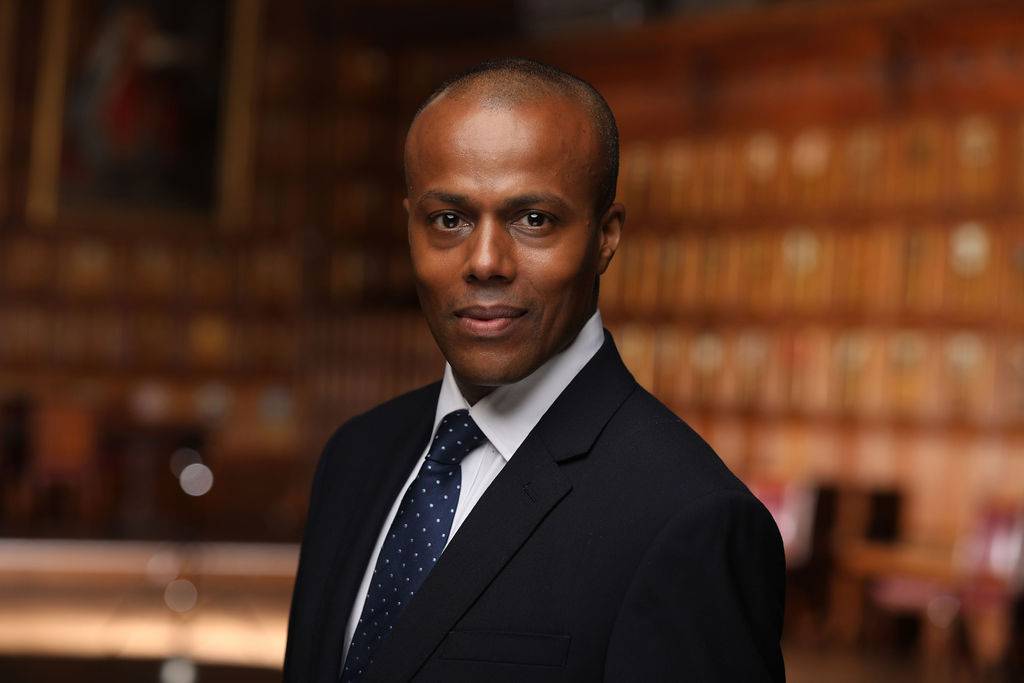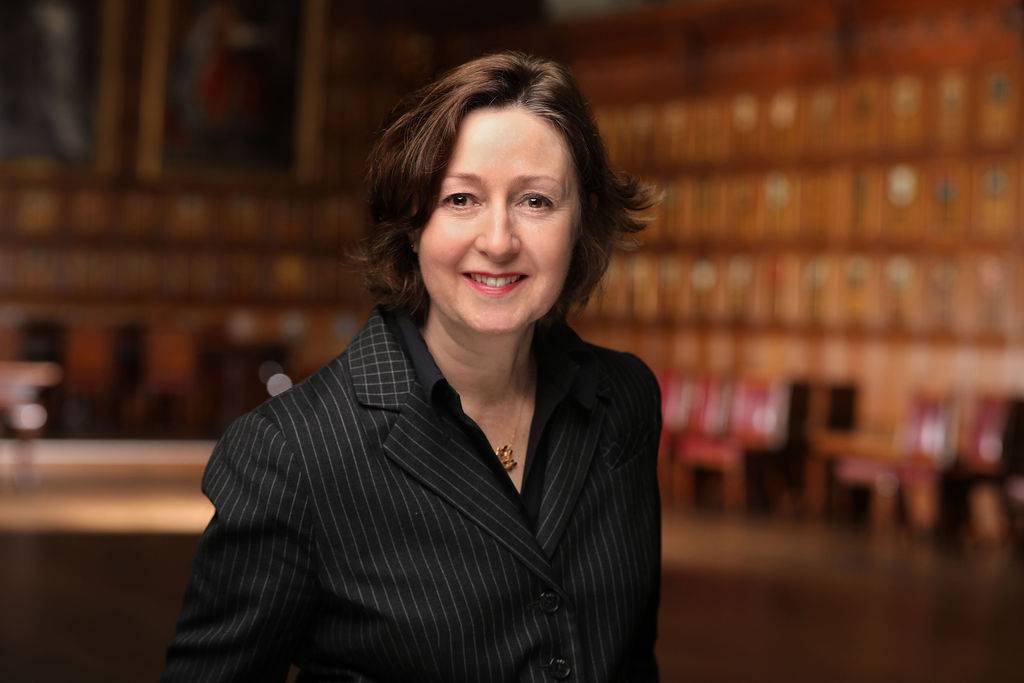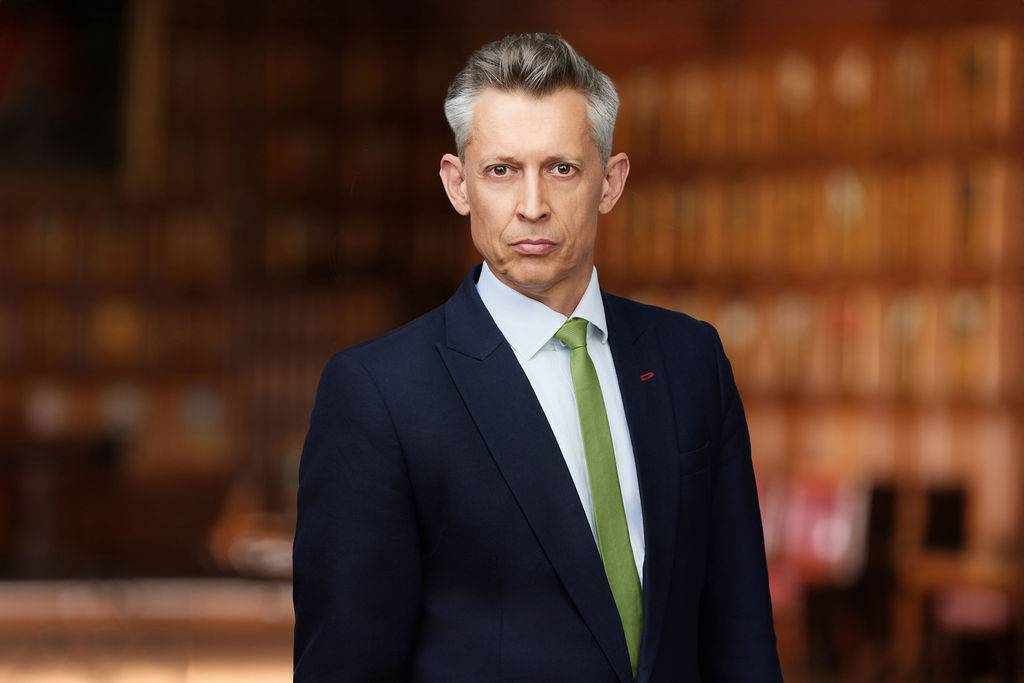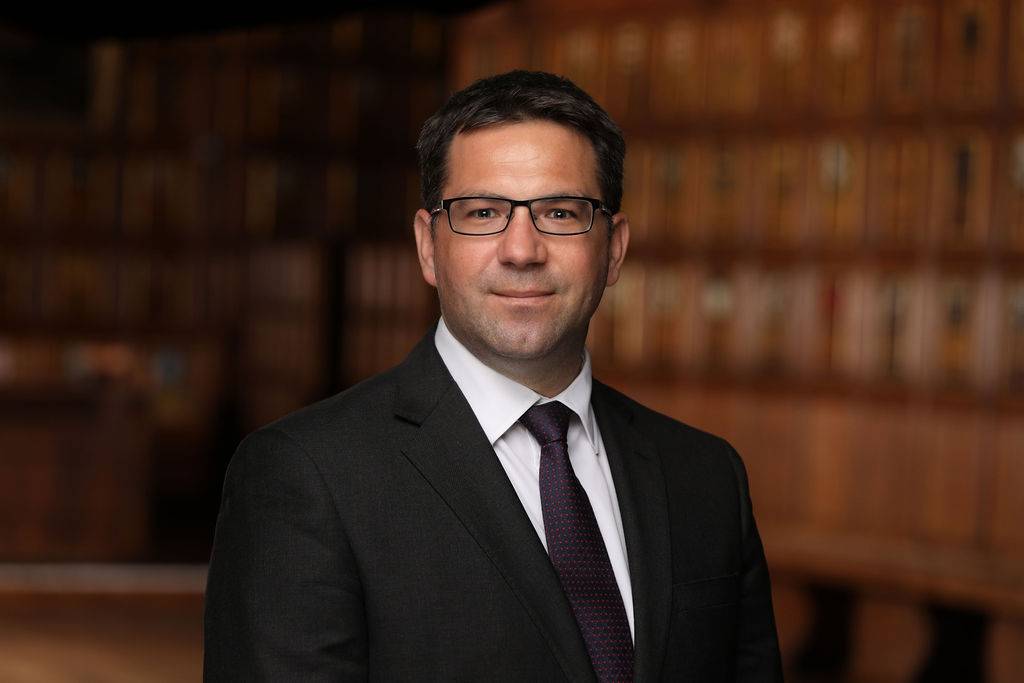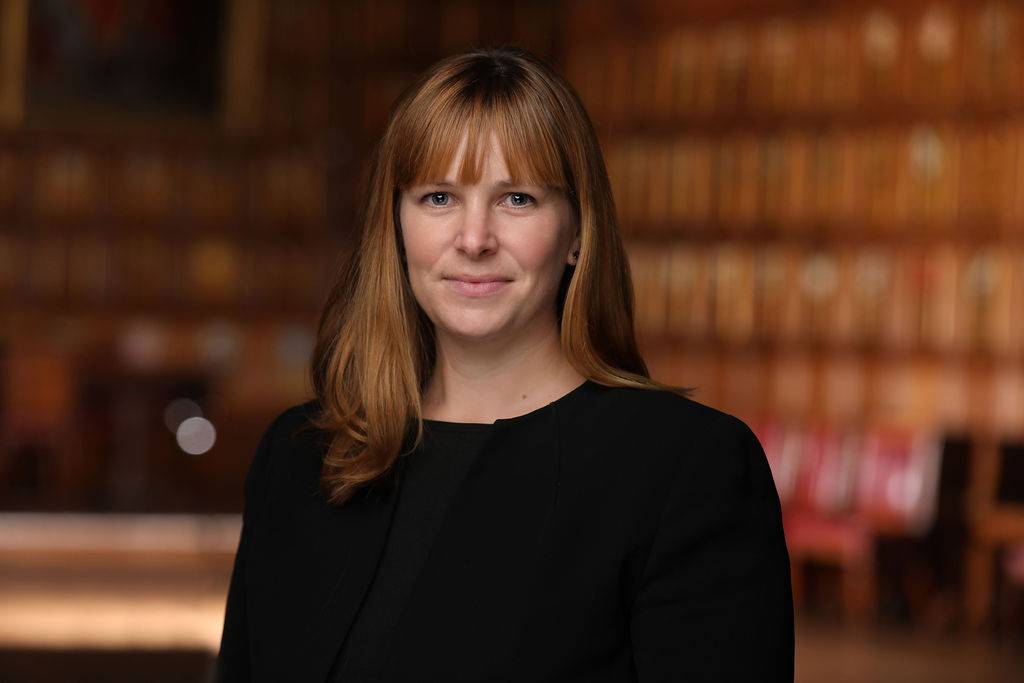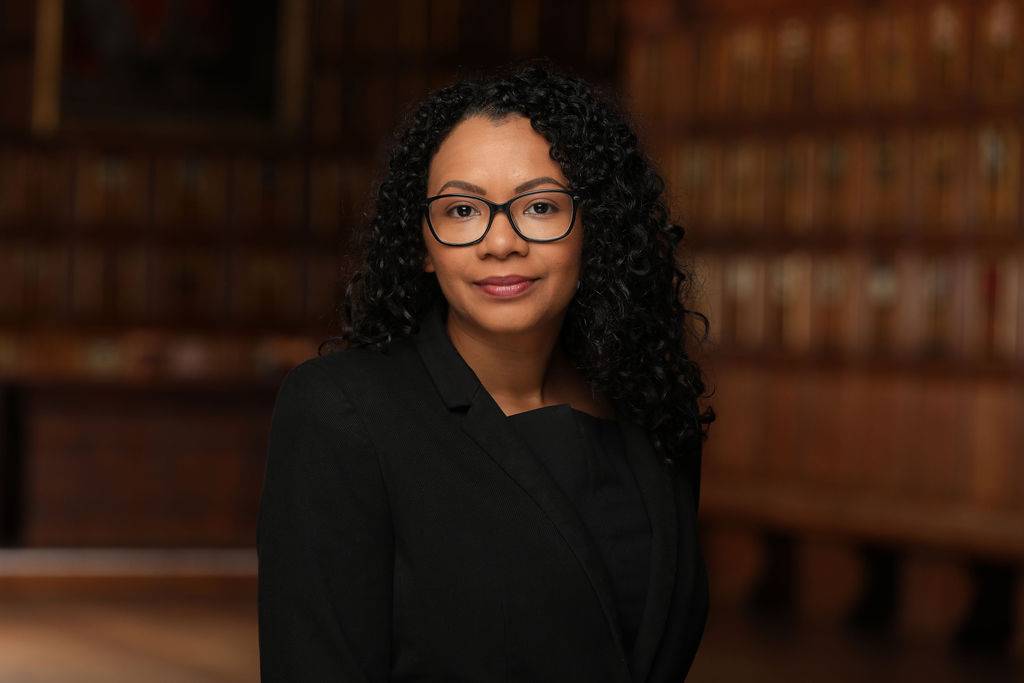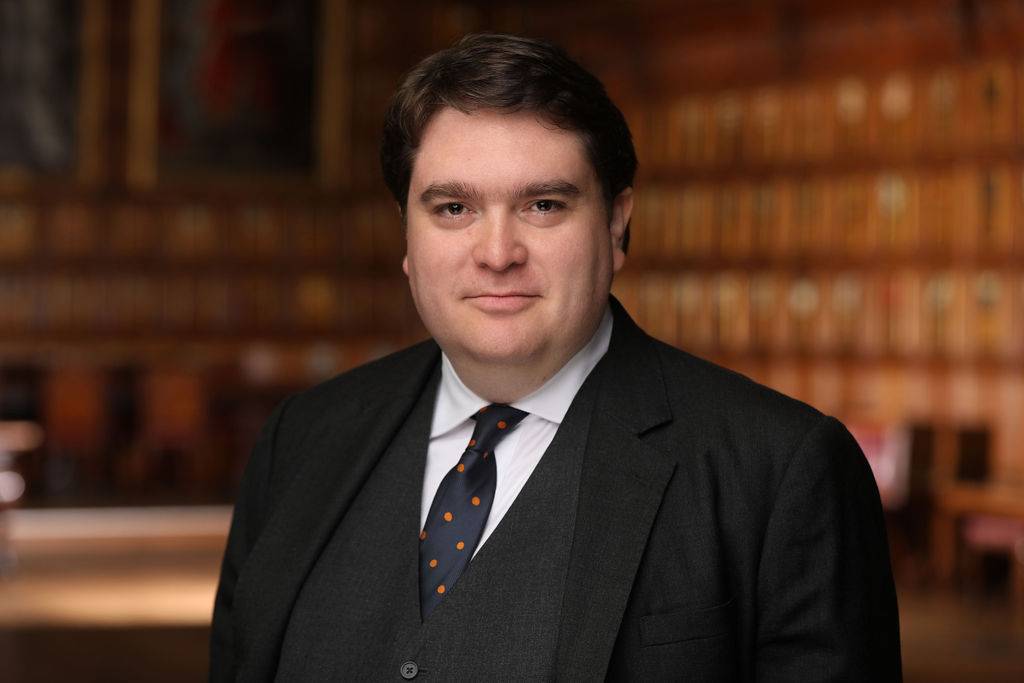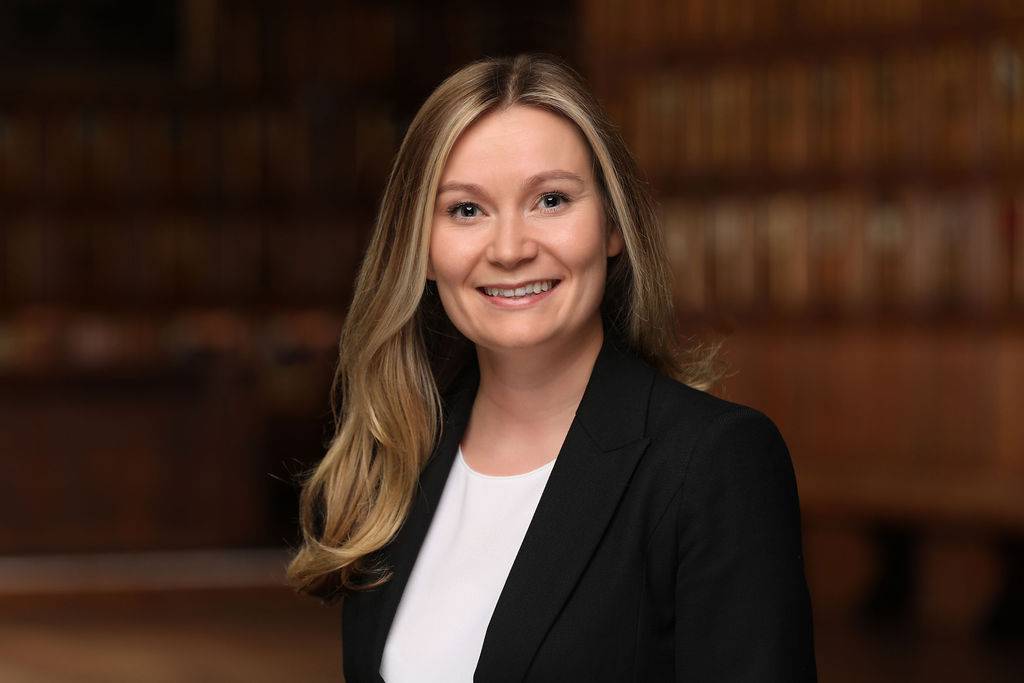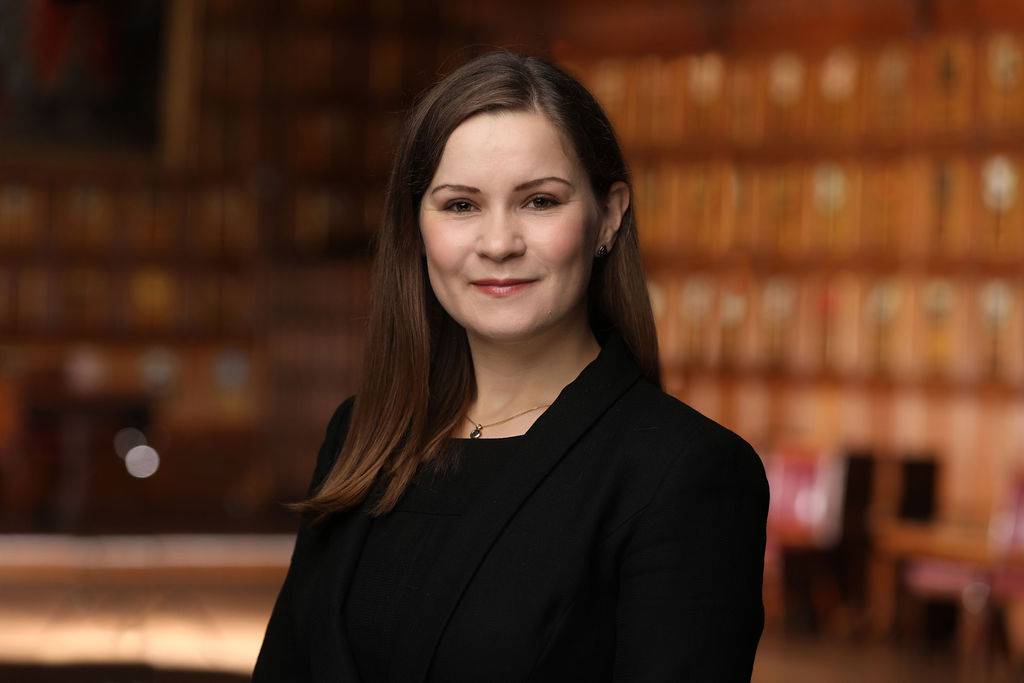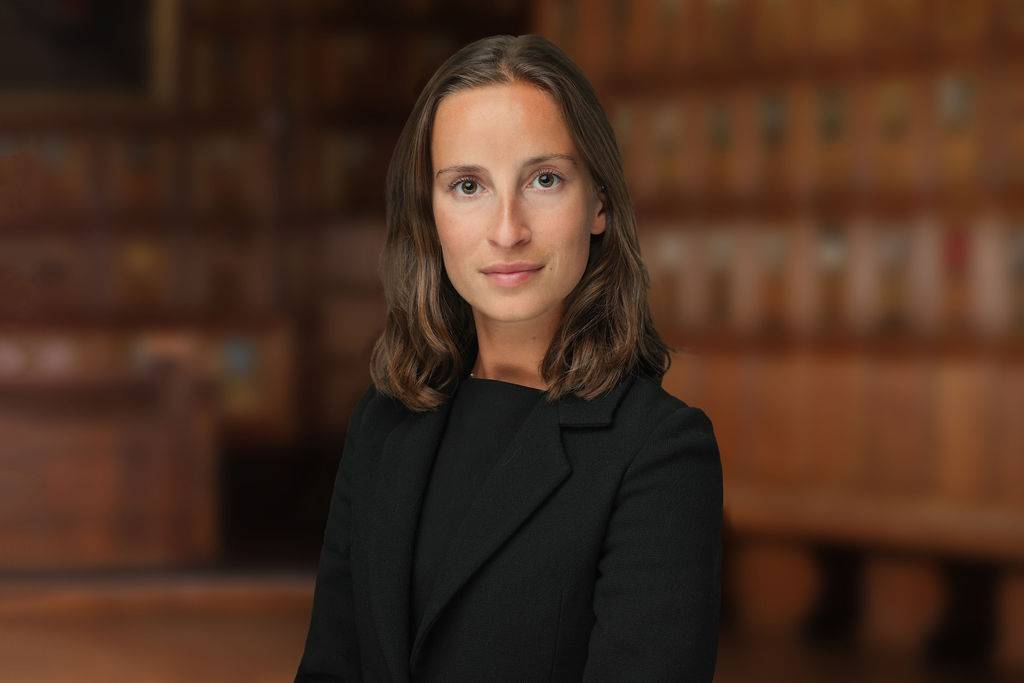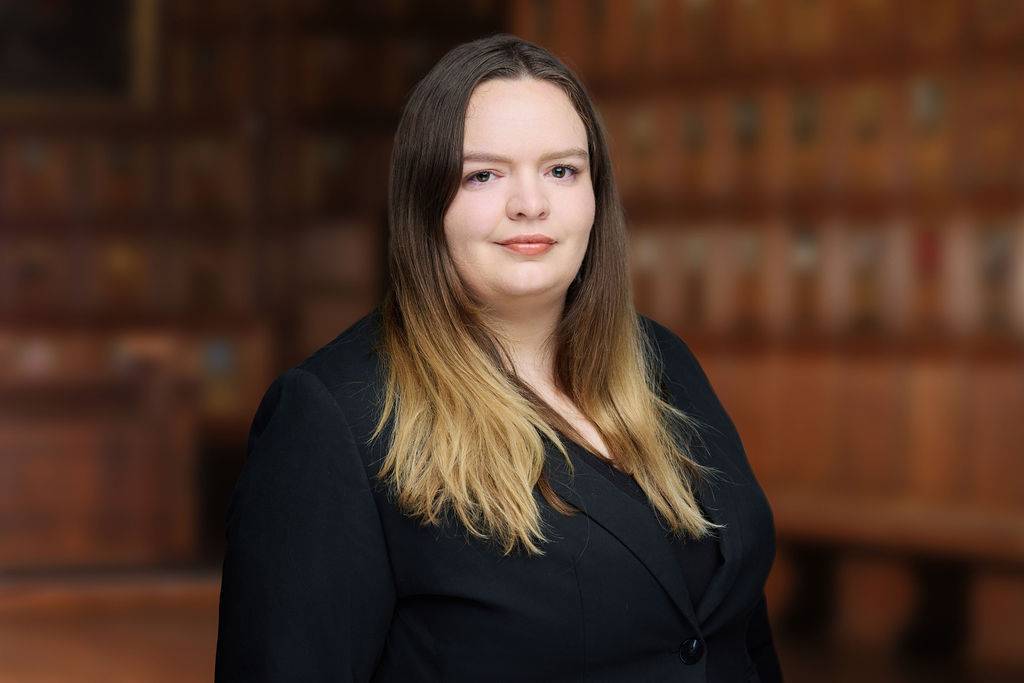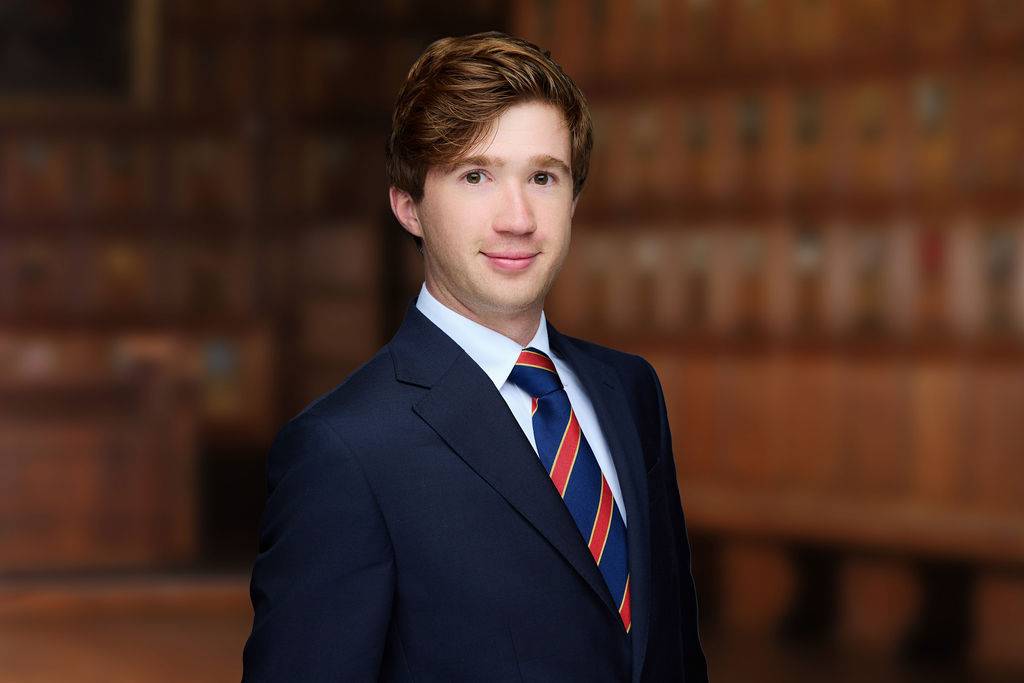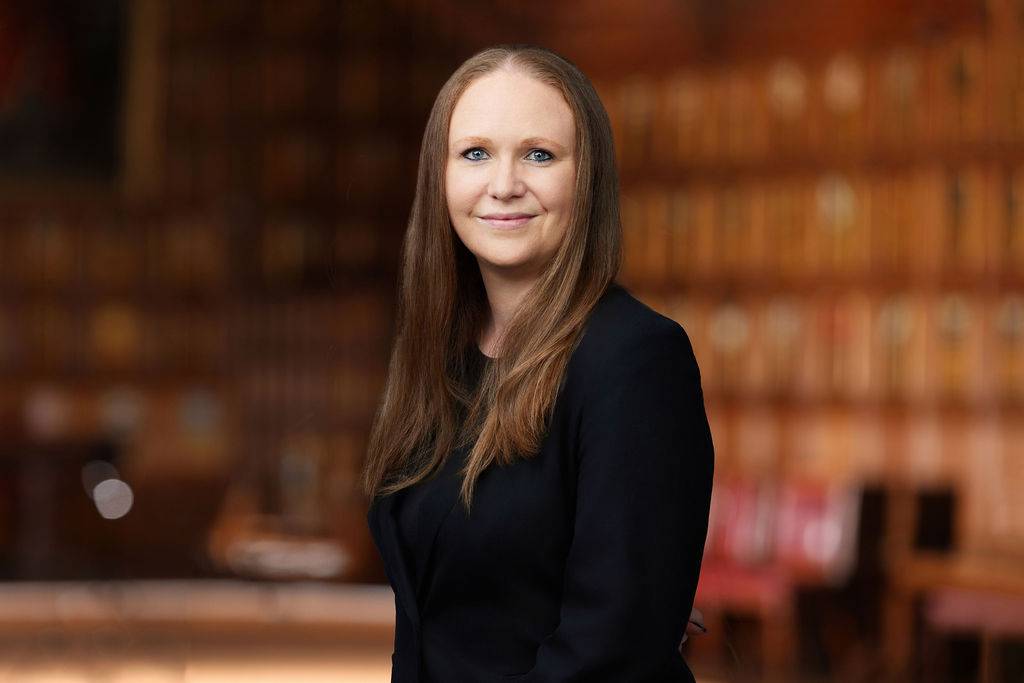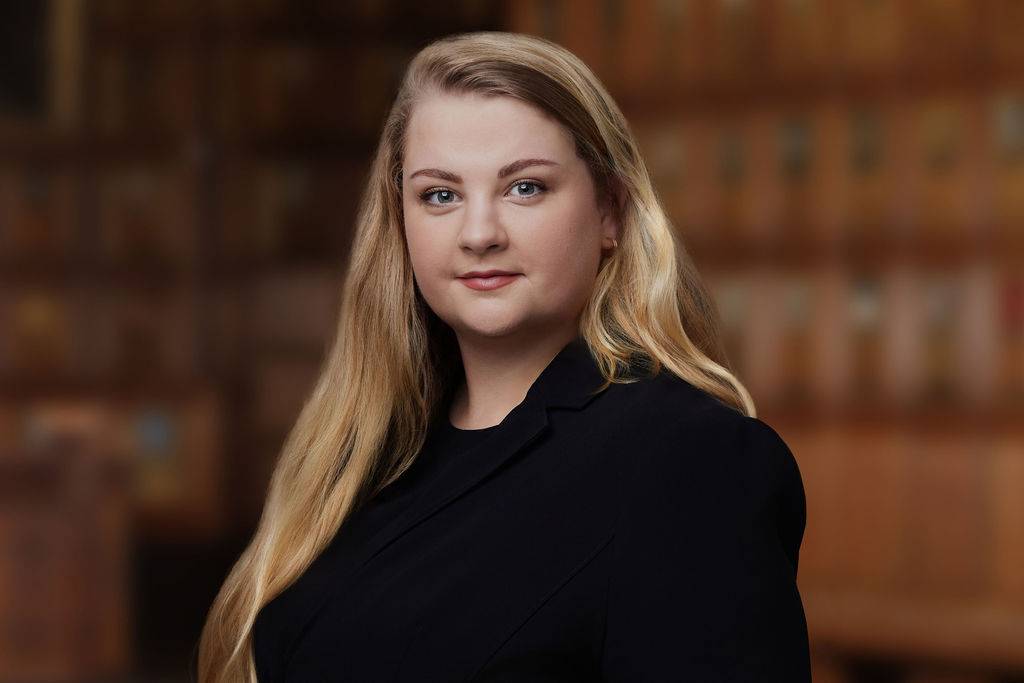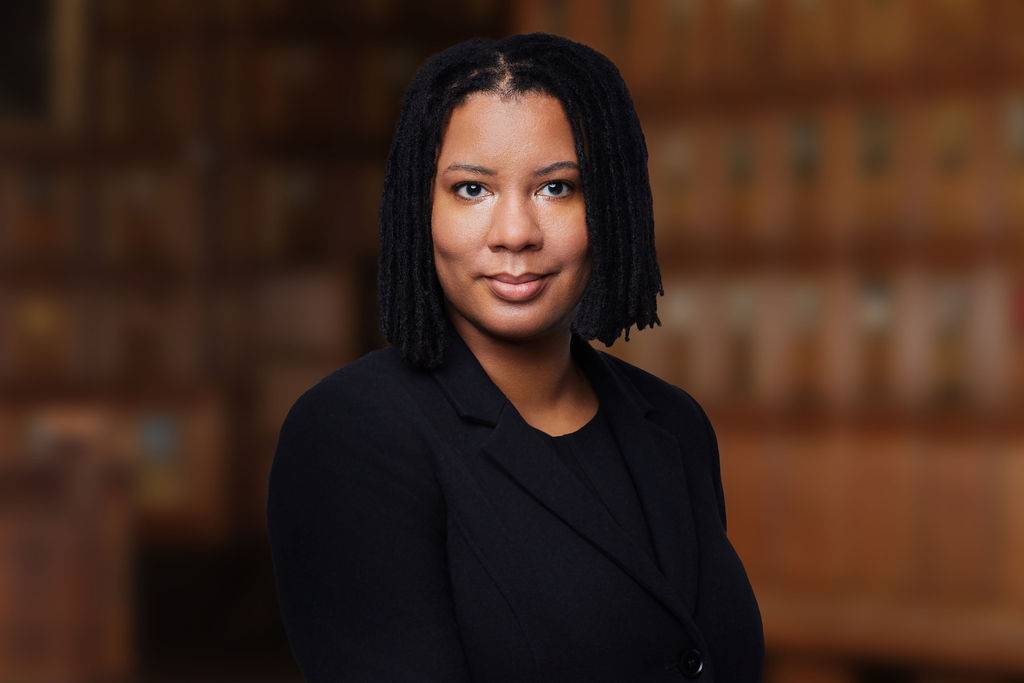Cash for Crash Fraud.
Crucible's barristers are experts in this fast growing area
Recent investigations by the Insurance Fraud Bureau (IFB) have concluded that, in the 15 months between October 2019 and December 2020, there were an estimated 170,000 car insurance claims linked to cash for crash fraud, out of a total of 2.7 million motor insurance claims. The IFB identified geographical hotspots in certain postcodes of Birmingham, Bradford, and London where there are particular concentrations of cash for crash frauds.
The scope and variance of such frauds is huge. Cash for crash frauds may include paper-based fabrications, vehicles being deliberately damaged behind closed doors, and even orchestrated collisions. Fraudsters may be individuals in pursuit of a quick payout from an insurer, however, large cash for crash conspiracies run by organised crime groups have also been identified. IFB investigations have found single gangs can be behind thousands of orchestrated collisions in some areas, with the combined value of their fraudulent claims running into the millions, the cost of which is passed on to innocent drivers in form of increased car insurance premiums.
Tackling cash for crash crime is serious business, and specialist teams such as the City of London Police Insurance Fraud Department (IFED) exist to meet the task, obtaining a wide variety of evidence including video footage, cell site, telephone evidence, and expert collision investigators. It is becoming increasingly common for everyday road users to have dashboard cameras. Dashcam footage, along with CCTV, can be of great assistance in showing the position and actions of road users immediately before a crash. Cell site and telephone evidence can also be of assistance in analysing any fraudulent intent or conspiracy element.
Unscrupulous individuals might view cash for crash fraud as a harmless way of making some easy money, but offences of this type are by no means victimless. Cash for crash frauds have the effect of increasing insurance premiums for millions of innocent drivers, as well as putting other road users at risk of financial loss, injury, and even death by involving them in induced collisions. Deterrent sentences are often passed, an approach endorsed by Sir Robert Nelson in Hillaman and Naqshbandi [2013] EWCA Crim 1022. Perpetrators also face lengthy driving bans either directly arising from a related dangerous driving conviction or under the general power to disqualify from driving found in section 163 of the Sentencing Code.
It is perhaps unsurprising that frauds of this nature are concentrated in traffic-dense environments such as major cities where everyone is in a rush and minor prangs attract less attention, blending into the background statistics. However, as the country emerges from lockdown, many more vehicles will be returning to the roads and many drivers might be somewhat out of practice having not driven much over the last year. This combination creates the potential for a glut of cash for crash frauds. Innocent road users may find themselves caught up in court proceedings arising from induced collisions. These may be civil claims for compensation, or criminal prosecutions for driving offences, or even facing charges of committing cash for crash fraud themselves.
At Crucible, we recognise that for those falsely accused of perpetrating frauds, it will be a very worrying time. Our expert serious crime and financial crime barristers will be able to assist and guide you from the earliest stages of any investigation, including making best use of available dashcam and CCTV footage, and analysing telephone or cell site evidence to argue against allegations of conspiracy.
Crucible's expert barristers can help those accused of participating in schemes, people who have been victims of crash frauds, and can assist with any investigation.
Please do contact us immediately if you need any help.
